Practical strategies to save money daily include tracking small expenses, using budgeting apps, prioritizing savings with methods like the envelope system, replacing costly habits with cheaper alternatives, and regularly reviewing your spending to optimize your savings effectively.
Have you ever wondered how small changes can add up? Practical strategies to save money daily can make a real dent in your budget without complicated plans. Let’s explore easy habits that can help you keep more cash in your pocket.
identify small daily expenses that drain your budget
Many small expenses might seem insignificant at first but they quickly add up and drain your budget. Identifying these daily costs is the first step to gaining better control over your finances. Pay attention to recurring purchases like coffee, snacks, or subscriptions you rarely use.
Start by keeping a notebook or using a budgeting app to track every small purchase for a week. This practice reveals hidden leakages in your spending habits you might overlook. For example, that daily $3 coffee tallies up to over $90 a month.
Consider expenses such as impulse buys, convenience fees, and frequent dining out, as they can have a surprising impact on your overall savings. Pinpointing these areas allows you to make conscious choices about which expenses are necessary and which ones can be reduced or eliminated.
Once you have a clear picture of your small daily expenses, set a realistic budget for each category. Challenge yourself to find affordable alternatives or cut back gradually. This focused approach helps in curbing unnecessary spending without feeling deprived.
use technology apps to track spending automatically

Using technology apps to track spending automatically can simplify managing your daily budget. Many apps connect directly to your bank accounts and credit cards, recording transactions in real-time. This eliminates manual entry and reduces errors in tracking expenses.
These apps often categorize your spending, showing where your money goes each day. For example, they can highlight dining, groceries, or entertainment expenses, helping you spot unintended overspending.
Setting up alerts and budgets in these apps can keep you on track. You might receive notifications when you’re close to exceeding your daily or monthly spending limit, encouraging better choices.
Popular apps also provide visual reports and trends, making it easier to understand your financial habits. This insight is useful for planning saving goals and cutting back where necessary.
Integrating technology into your financial routine saves time and builds awareness, empowering you to make smarter money decisions effortlessly every day.
prioritize saving with the envelope or zero-based budget method
Prioritizing saving is easier when using structured budgeting methods like the envelope system or zero-based budgeting. The envelope method involves allocating specific amounts of cash to different spending categories, such as groceries, entertainment, and transportation. Once an envelope is empty, no more money can be spent in that category, helping you stick to your budget.
The zero-based budget assigns every dollar of your income a purpose, whether it’s spending, saving, or paying off debt. This method ensures your money is fully accounted for, leaving no room for waste or unexpected spending.
Both approaches encourage discipline by making your spending and saving more intentional. For example, you might decide to allocate a higher percentage of your income to savings before budgeting for non-essential expenses.
Using these methods can create a clear plan that prevents overspending and fosters consistent savings. Tracking your progress regularly helps adjust your budget as needed and stay motivated to reach your financial goals.
By deliberately prioritizing saving, you build a safety net and create opportunities for future investments or unexpected expenses.
replace expensive habits with low-cost alternatives

Replacing expensive habits with low-cost alternatives can significantly increase your savings over time. Start by examining your regular purchases and activities that cost more than necessary.
For example, instead of buying coffee daily from a café, consider brewing your own at home. This small change can save you several dollars each week. Similarly, packing lunch instead of eating out often reduces your food expenses without sacrificing quality.
Look for low-cost entertainment options like free community events, hiking, or streaming movies instead of costly outings. You can still enjoy your leisure time while spending less.
When shopping, opt for generic brands or buy in bulk to cut costs. Replacing expensive habits doesn’t mean cutting out all pleasures but choosing smarter, budget-friendly alternatives.
Gradually integrating these changes empowers you to stay financially healthy while maintaining a lifestyle you enjoy.
review and adjust your money-saving tactics regularly
Regularly reviewing and adjusting your money-saving tactics is key to staying on track with your financial goals. Your spending habits, income, and priorities can change, so your budget should adapt accordingly.
Set a monthly or quarterly reminder to go over your expenses, savings, and progress. Check which strategies are working and which need improvement. For example, you may find that you have cut back enough on dining out but could save more by reducing subscription services.
Use budgeting apps or spreadsheets to analyze your data easily. Look for patterns like overspending in certain categories or unexpected expenses.
Make adjustments by shifting funds to savings, cutting back unnecessary costs, or trying new approaches like meal prepping or couponing. Flexibility allows you to maintain motivation and avoid burnout.
By consistently evaluating your tactics, you build a sustainable habit that adapts to your life while boosting your overall financial health.
Final thoughts on saving money daily
Practical strategies to save money daily can make a big difference in your financial health. By identifying small expenses, using technology, and prioritizing saving, you build better money habits.
Replacing costly habits with cheaper options and regularly reviewing your budget helps keep your plans effective and realistic. These simple steps add up over time, giving you greater control and peace of mind.
Start applying these tips today to create a lasting positive impact on your finances and reach your goals faster.
FAQ – Practical strategies to save money daily
What are some small daily expenses that drain my budget?
Items like daily coffee, snacks, and unused subscriptions can add up quickly and drain your budget without you noticing.
How can technology apps help me save money?
Apps can track your spending automatically, categorize expenses, and alert you when you’re close to your budget limits, helping you stay on track.
What is the envelope budgeting method?
It is a cash-based system where you allocate money into envelopes for different spending categories to control expenses and stick to your budget.
How can I replace expensive habits with cheaper alternatives?
Simple swaps like brewing coffee at home, packing lunch, or enjoying free entertainment options can reduce costs without sacrificing your lifestyle.
Why should I review and adjust my money-saving tactics regularly?
Reviewing your budget helps you adapt to changes in spending, income, or priorities, ensuring your savings plan remains effective and realistic.
How does prioritizing saving help my overall finances?
Focusing on saving first ensures you allocate money to important goals before spending, building a safety net and improving financial stability.


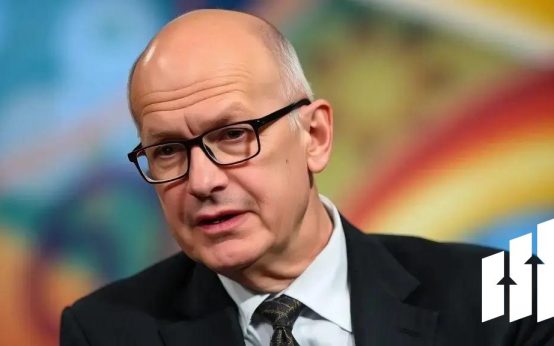 Miran Highlights Dual Goals of Fed and Interest Rate Outlook
Miran Highlights Dual Goals of Fed and Interest Rate Outlook 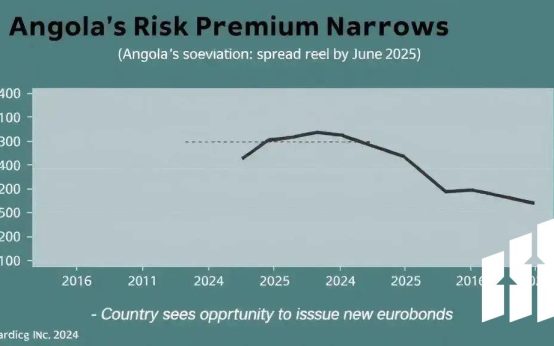 Are You a Robot? Unusual Activity Detected on Bloomberg
Are You a Robot? Unusual Activity Detected on Bloomberg 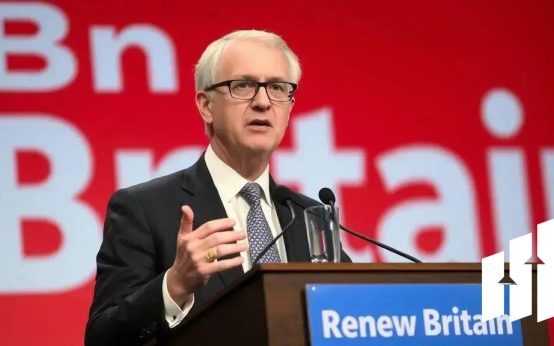 Keir Starmer Leads Business Delegation to India for Trade Pact
Keir Starmer Leads Business Delegation to India for Trade Pact  Takaichi Appoints Ex-Finance Minister as Secretary General of LDP
Takaichi Appoints Ex-Finance Minister as Secretary General of LDP 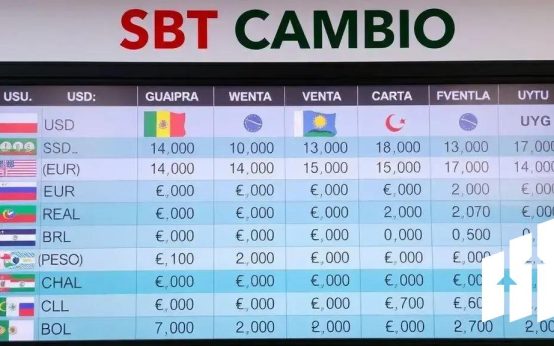 Argentina Continues Dollar Sales Amid Weakened Peso Crisis
Argentina Continues Dollar Sales Amid Weakened Peso Crisis 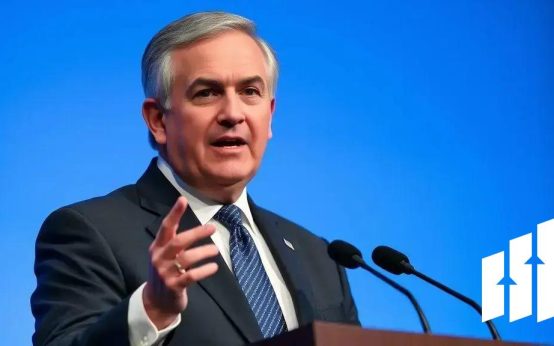 White House Calls on Democrats to Resolve Ongoing Government Shutdown
White House Calls on Democrats to Resolve Ongoing Government Shutdown